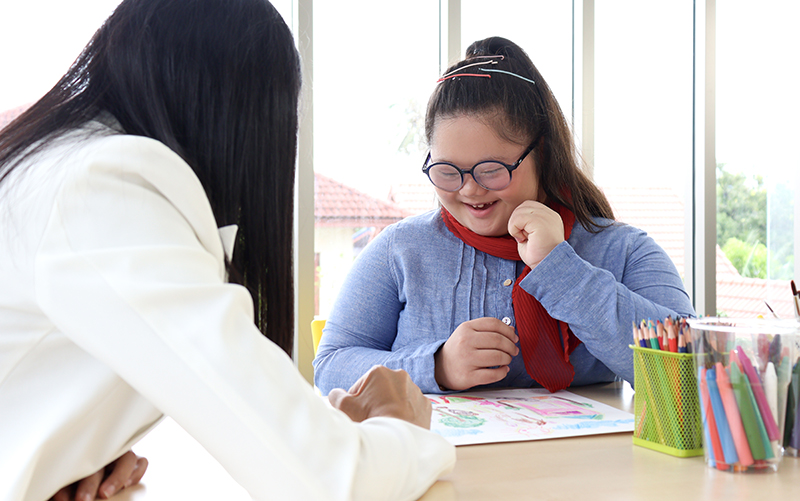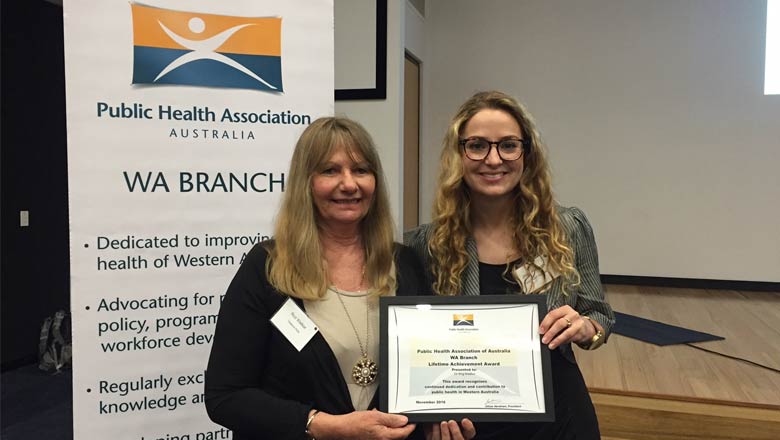Search
Research
Development of an International Database for a Rare Genetic Disorder: The MECP2 Duplication Database (MDBase)The natural history of MECP2 duplication syndrome (MDS), a rare X-linked neurodevelopmental disorder with an estimated birth prevalence of 1/150,000 live births, is poorly understood due to a lack of clinical data collected for research. Such information is critical to the understanding of disease progression, therapeutic endpoints and outcome measures for clinical trials, as well as the development of therapies and orphan products.

News & Events
Major grants fuel child health researchSix researchers from The Kids Research Institute Australia have been awarded $8.9 million in prestigious Investigator Grants from the National Health and Medical Research Council.

News & Events
Five researchers from The Kids awarded Early Career Child Health Researcher FellowshipsFive researchers from The Kids Research Institute Australia have been awarded three-year fellowships with the aim of keeping more WA-based PhD graduates involved in child health research.

News & Events
Participation key to quality of life for kids with disabilityThe Kids Research Institute Australia researchers have called for a greater focus on creating opportunities for children with disability to participate in the community, after finding a clear link between participation and better quality of life.

News & Events
The Kids researchers honoured at Public Health Association AwardsTwo The Kids researchers working to improve the health & wellbeing of Aboriginal children & their families have both been honoured at the PHAA Awards.
Research
Siblings of Individuals With Neurodevelopmental Conditions: Perspectives on Risk, Resiliency and Future Research DirectionsSiblings of individuals with neurodevelopmental conditions (NDCs) are at increased genetic and environmental risk for poorer psychosocial and neurocognitive outcomes compared to control groups of siblings of individuals without NDCs.
Research
Eating and drinking abilities and respiratory and oral health in children and young adults with cerebral palsyTo investigate the potential risk factors of respiratory illness (ethnicity, oral health, and eating and drinking ability) in children and young adults with cerebral palsy.
Research
Perspectives on the essential skills of healthcare decision making in children and adolescents with intellectual disabilityInvolvement in healthcare decisions is associated with better health outcomes for patients. For children and adolescents with intellectual disability, parents and healthcare professionals need to balance listening to a child's wishes with the responsibility of keeping them safe.
Research
qPCR assay optimisation for a clinical study comparing oral health risk in Rett syndromeThis study aimed to validate qPCR assays for specific microbiota, for use on dental plaque samples stored on Whatman FTA cards to compare relative oral health risk in Rett syndrome.
Research
Childhood leukaemia in Down's syndrome primed by blood-cell biasAn in-depth investigation of gene regulation and cell populations at sites of fetal blood-cell production provides clues as to why children with Down’s syndrome are predisposed to developing leukaemia.
